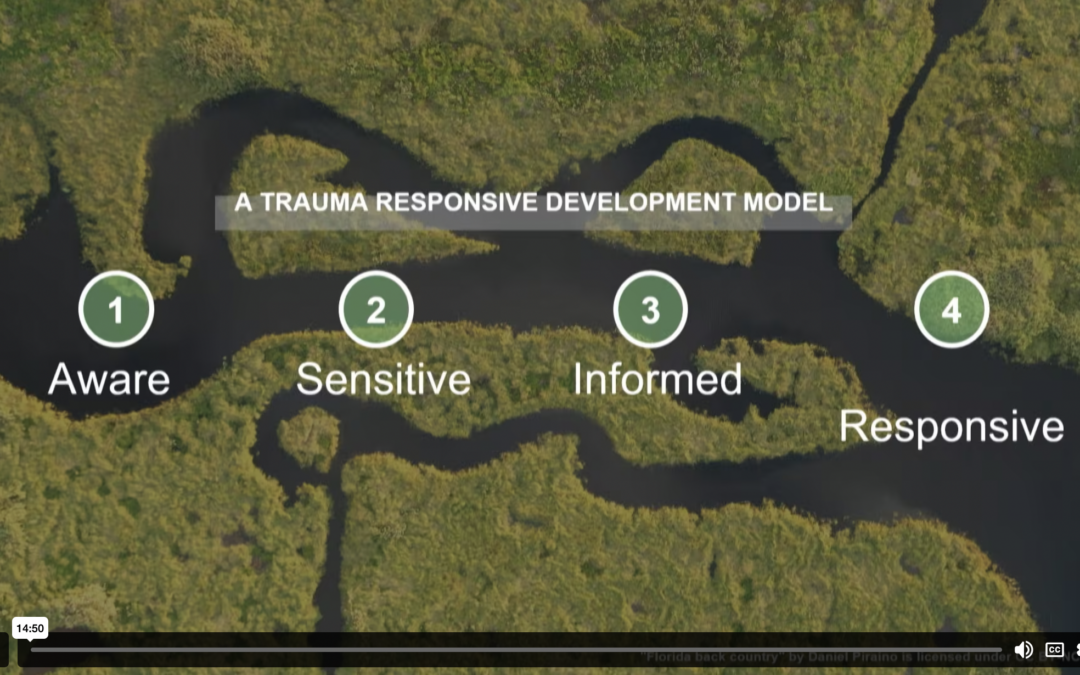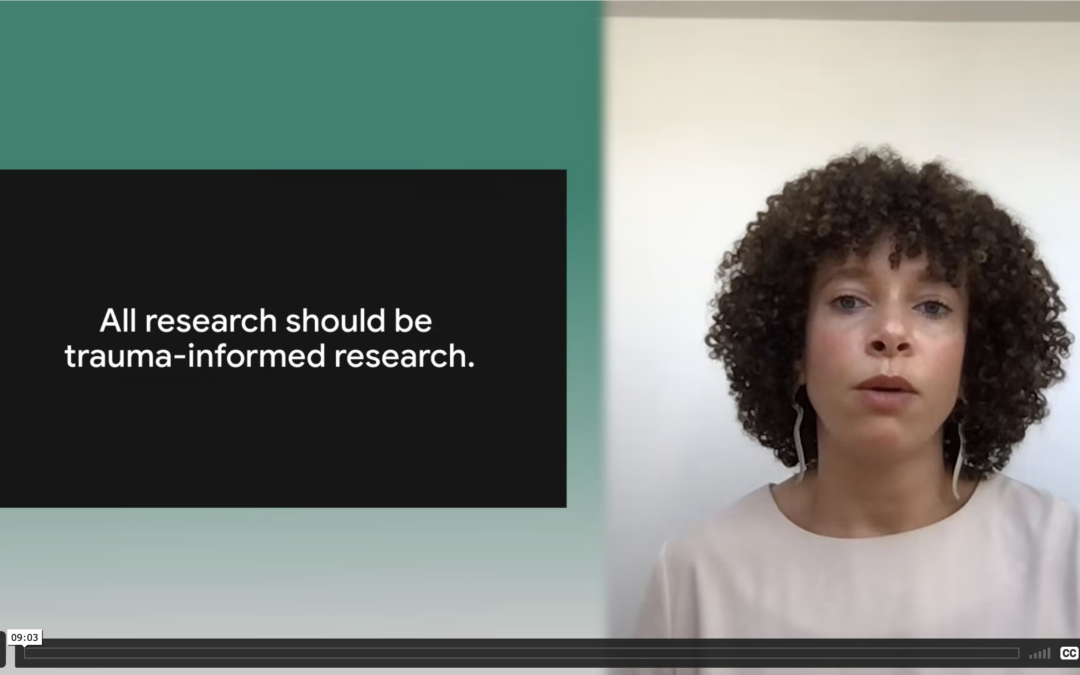This paper is an exploration of trauma, how and why it can surface during ethnographic and qualitative research, and the importance of anticipating its potential presence. We present a model to help plan for and...


This paper is an exploration of trauma, how and why it can surface during ethnographic and qualitative research, and the importance of anticipating its potential presence. We present a model to help plan for and...

This case study argues that all research should be trauma-informed research. It asserts that because researchers cannot anticipate everything about research participants’ needs, histories, and context, taking an approach that assumes all participants are more likely than not to have experienced...